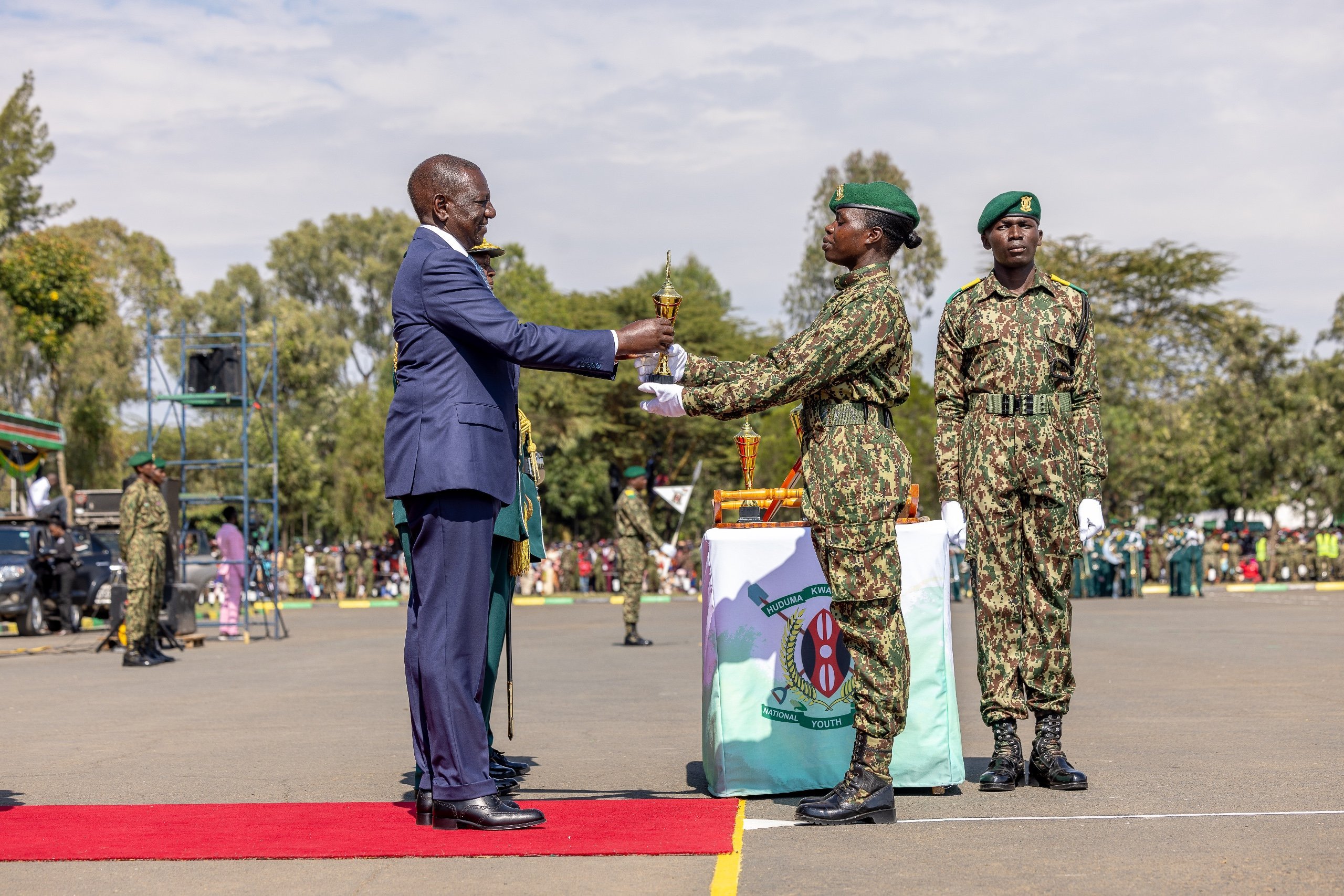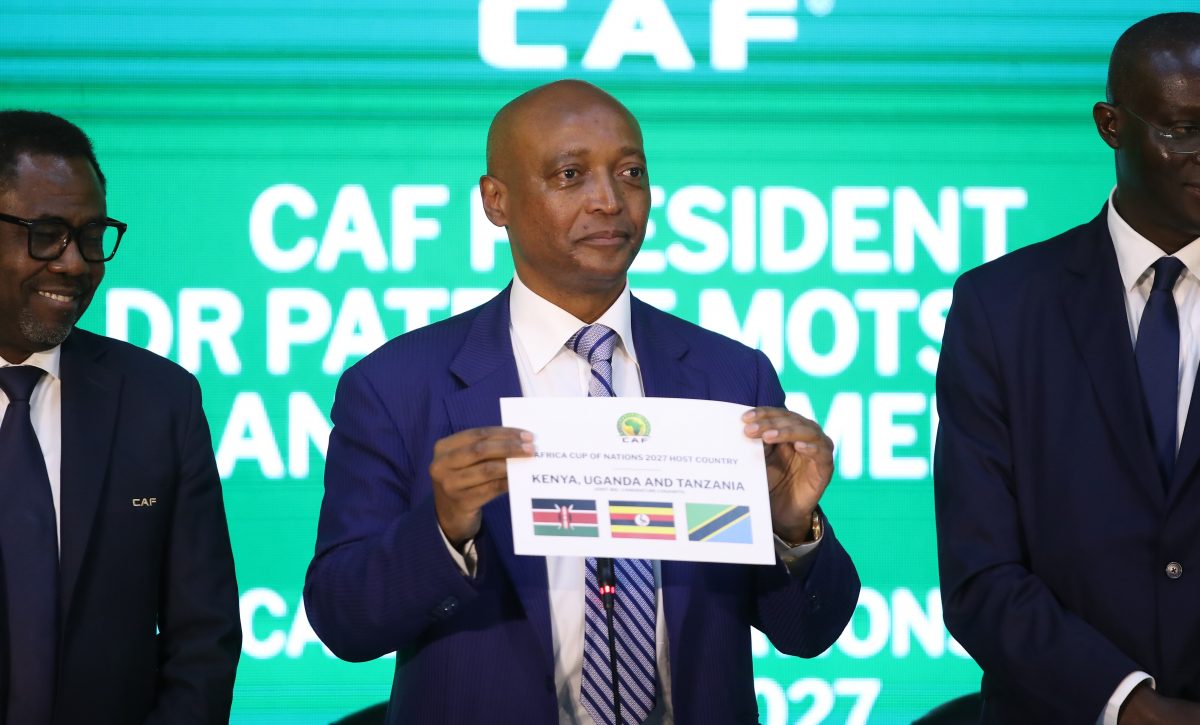Graft the worst form of human rights abuse

Last week the world celebrated two very important days in human social and economic development. December 9 marked International Anti-Corruption Day. This year’s theme was “UNCAC at 20: Uniting the World Against Corruption”.
December 10 marked the UN Human Rights Day whose theme “Dignity, Freedom, and Justice for All” appealed on everyone to stand up for someone else’s rights. The day was marked at a time when disrespect for basic human rights continues in many parts of the world through attack on humanity. Although not a physical phenomenon, we could say that corruption is also a part of the widespread violence being meted out against people across the world.
The negative effects of corruption cannot be overemphasised. Most of the problems Kenya faces, from poverty to crime, are directly attributable to this evil. Many deaths and loss of property are as a result of corruption related criminal negligence, either by omission or commission. Unfortunately, in Kenya we have institutionalised the vice. It is now almost a legitimate means to success.
This is wherein lies the tragedy. The hapless proletariat have been turned into zombies adoring the same people responsible for their desperation. In fact, the poor envy the corrupt rich, and, given half a chance, would not mind jumping into the graft gravy train. The corrupt class know this only too well and so they do not live in fear of a revolution.
But what is the pride in building an empire based on the proceeds of theft of people’s money? What kind of heartlessness and shamelessness can one have to enrich him or herself at the expense of goods and services meant for the poor, and paid for by their own sweat? You need to be a soulless human being to dispossess a whole generation by stealing funds allocated for their welfare so that you and your small family can live a life of utter opulence.
In China, corruption is a crime in the same category with murder and attracts capital punishment. In the West, it does not matter your stature in society; you are treated like scum if you are found guilty of corruption.
It is mainly in Africa where corruption is still an enviable way of life aspired by the majority. Many leaders who sounded genuine in the fight against corruption have long joined the kleptomaniacs and eventually consumed by gluttony.
Still, there are a few leaders who still put in an honest day’s work for their livelihood. Although they are ridiculed of being foolish or cowardly, they have decided that they will not put their fingers in the cookie jar and eat someone else’s lunch. In today’s world these are a rare breed. But they are the last hope we have to save humanity.
Those whose role it is to fight corruption must perform this role fully. It is an insult and defeatist for a shepherd to throw up his arms and claim helplessness in the face of a pack of wolves attacking his flock. Any leader worth his or her salt must stand up for the rights of the majority against the injustices of a few greedy individuals. There are conscientious leaders who have stood up to be counted in the fight against corruption.
These few courageous fighters give us hope that the country has not gone to the dogs yet. I believe there is a breed of people yet to be discovered who, given a chance and the right backing by the powers that be, can turn around things faster than they are going down.
Ultimately, however, it will be up to the populace to decide whether to sell their birth right to a cabal of selfish individuals or to stand up for themselves and progeny. There cannot be human rights amid official corruption, no matter the prevailing peace.
—The writer is a PhD student in International Relations











